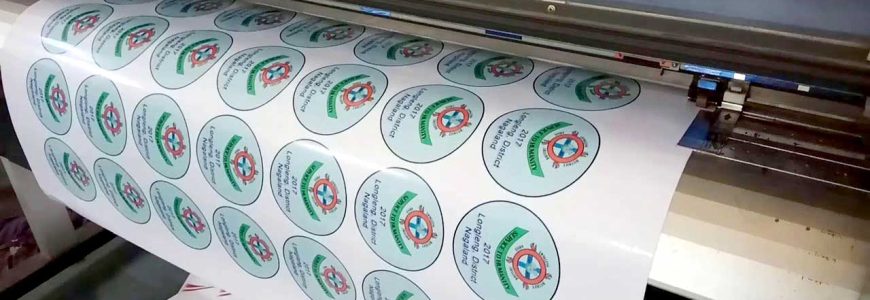Choosing between various TEFL courses can feel like navigating a maze. With so many promises of “international recognition” and “guaranteed jobs,” it’s easy to get caught up in marketing language and overlook what truly matters. Many aspiring teachers dive in too quickly, only to realize later that their certification doesn’t hold up or didn’t prepare them for the classroom.
The reality is, a TEFL qualification should open doors, not create barriers. The right course can lead to teaching opportunities around the world, while the wrong one could limit your options. Understanding what to avoid before signing up is key to getting your money’s worth and your career off to a strong start.
Let’s break down the most common mistakes people make when selecting TEFL courses — and how to steer clear of them.
Forgetting to Match the Course with Your Career Goals
Before comparing prices or course features, you need to be clear on what you want from your qualification. TEFL courses vary widely — some are geared toward teaching online, others focus on classroom-based instruction abroad.
Ask yourself:
-
Am I planning to teach online or travel abroad?
-
Do I prefer working with children or adults?
-
Will I need additional certifications (like business English or young learner training)?
Answering these questions helps narrow your choices to programs that actually support your intended path. A mismatch between your goals and course content is one of the most common (and costly) mistakes new teachers make.
Overlooking Accreditation and Course Reputation
An unaccredited course may seem like a bargain, but it can leave you with a certificate that employers don’t recognize. Accreditation is what ensures your training meets global education standards — and without it, even the best-looking program can lack credibility.
When reviewing providers, check who accredits them and whether that body is recognized internationally. Avoid vague terms like “industry approved” unless specific organizations are listed. Reading independent reviews from graduates can also reveal whether a program truly delivers on its promises.
Remember, a legitimate TEFL course will always be transparent about its accreditation and proud to display it.
Choosing Based on Price Alone
Price often influences decision-making, but cheaper isn’t always smarter. A low-cost course might lack essential components like tutor feedback, interactive materials, or practical training. That’s a major issue when it’s time to face real students for the first time.
Instead of asking “Which course is the cheapest?” ask:
-
Does this include support from qualified instructors?
-
Will it prepare me for real-world teaching situations?
-
Is the certificate recognized by schools worldwide?
A more expensive but well-accredited course will often save you time, stress, and disappointment later. Think of it as an investment rather than a quick purchase.
Skipping Hands-On Teaching Practice
Many learners underestimate how crucial practice is in becoming an effective teacher. Completing theory-based lessons is one thing; applying them in real teaching situations is another entirely.
Some online TEFL courses now offer virtual classroom practice — real or simulated teaching sessions observed by experienced tutors. This feature can significantly boost your confidence and make you stand out to employers.
If your course doesn’t include any practical component, you might struggle with classroom management, lesson pacing, or engaging diverse learners. Always check that your chosen program includes at least some level of observed or assessed teaching practice.
Neglecting Support and Post-Course Guidance
Getting certified is only the first step. Finding your first teaching job can be daunting without proper guidance. Unfortunately, many learners overlook whether their provider offers career support.
Look for TEFL courses that provide:
-
Resume and interview preparation
-
Job placement assistance
-
Access to a global network of partner schools
This kind of support can be the difference between struggling alone and securing your first teaching role quickly. A provider invested in your success after graduation is one worth trusting.
Starting your TEFL journey shouldn’t feel like a gamble. When you take time to match your goals, verify accreditation, and choose quality over cost, you’re setting yourself up for long-term success. The best TEFL courses don’t just hand you a certificate — they prepare you to thrive in classrooms across the world and make a lasting impact as a teacher.









